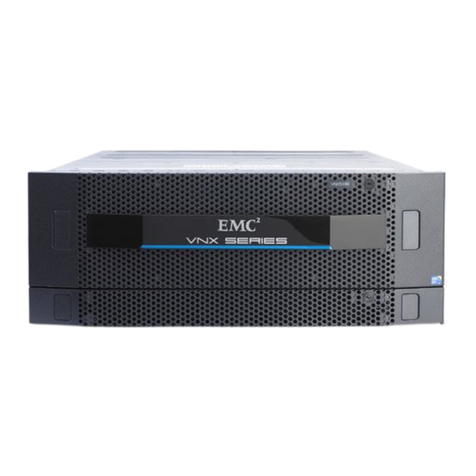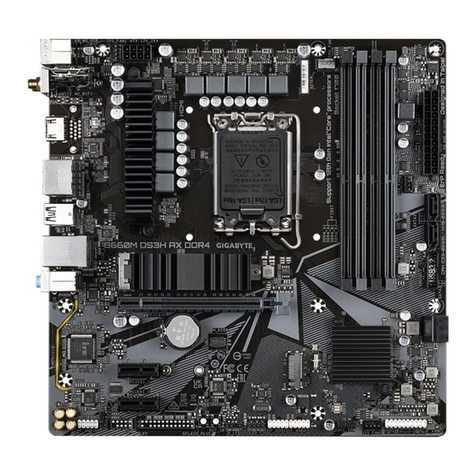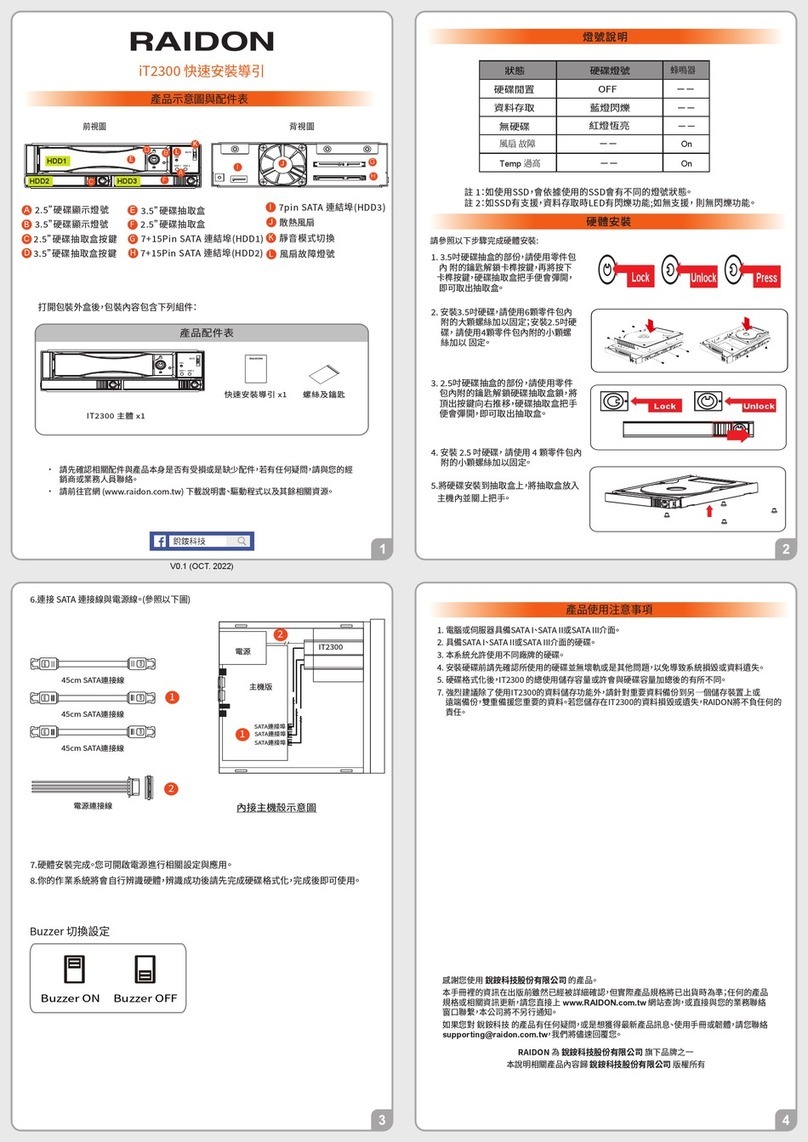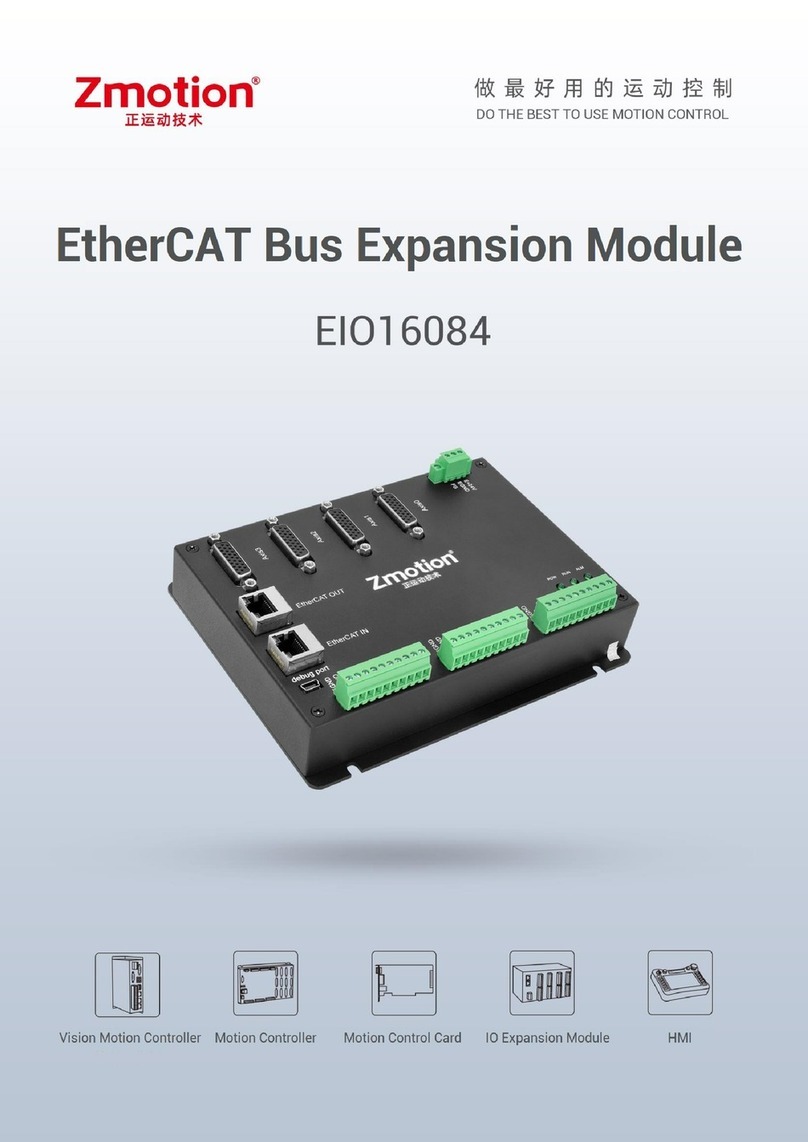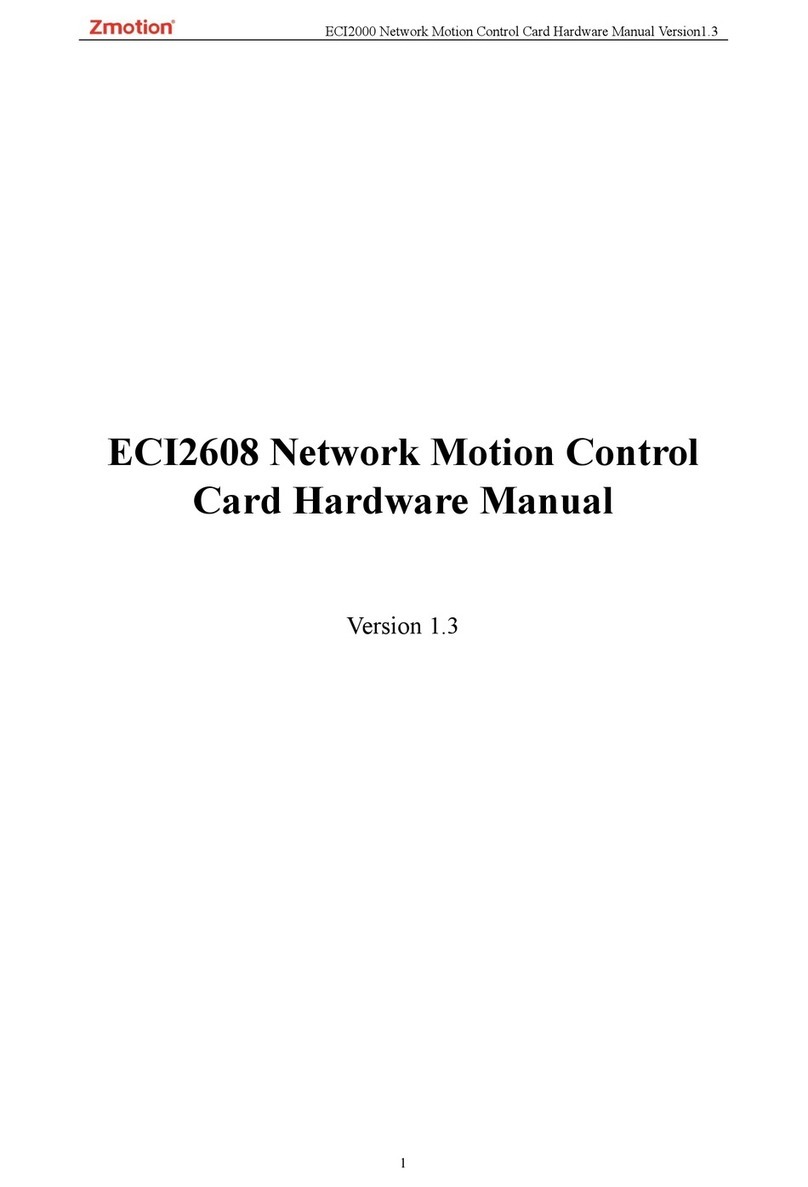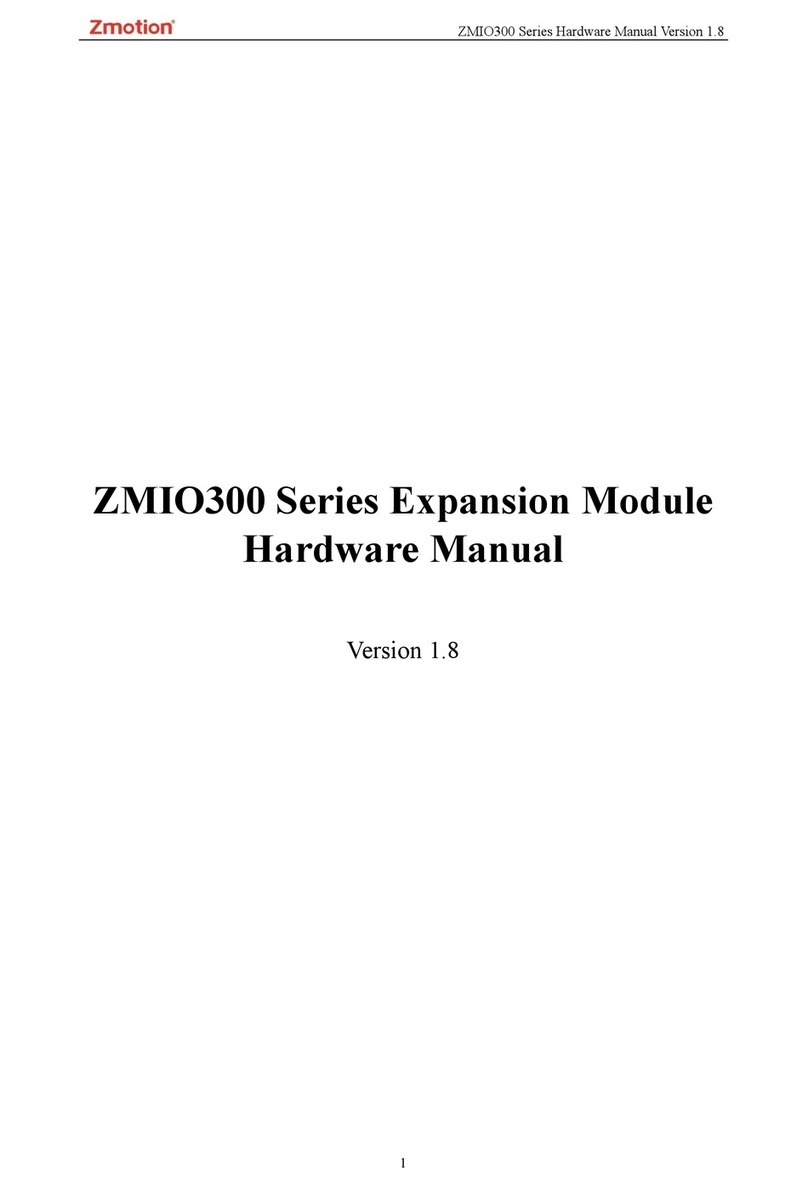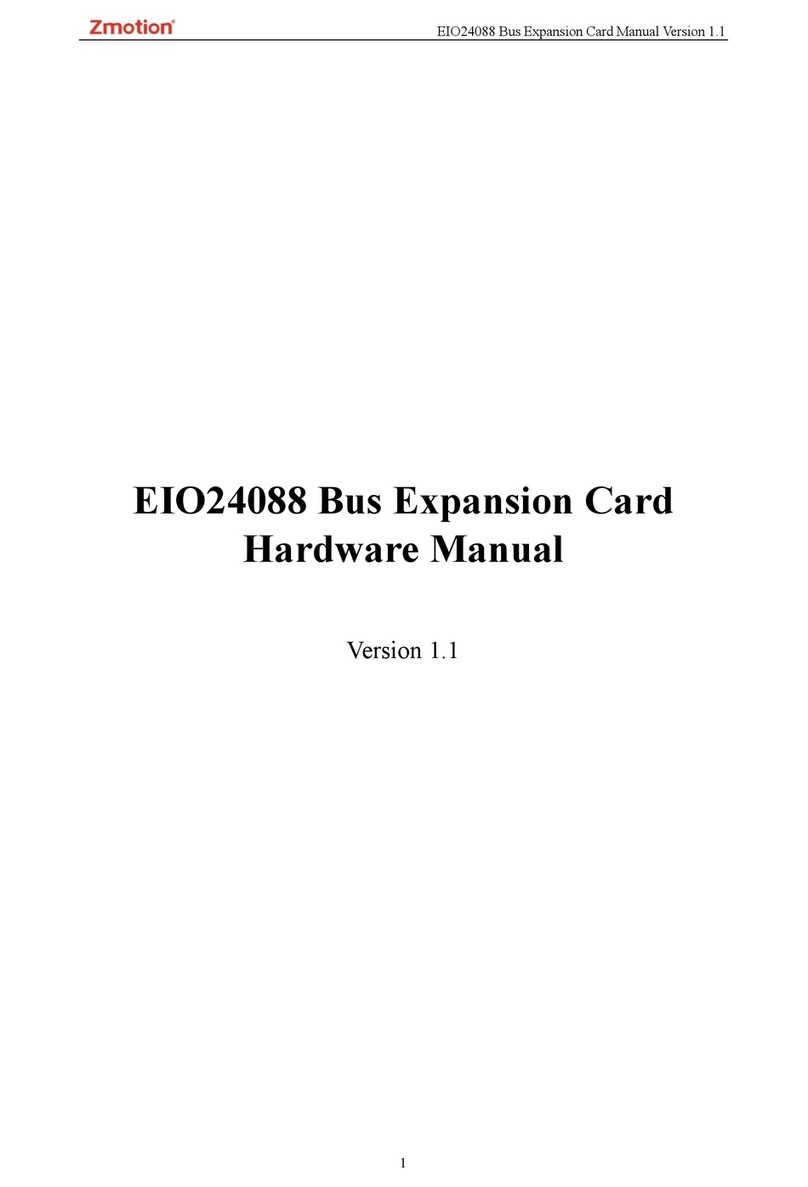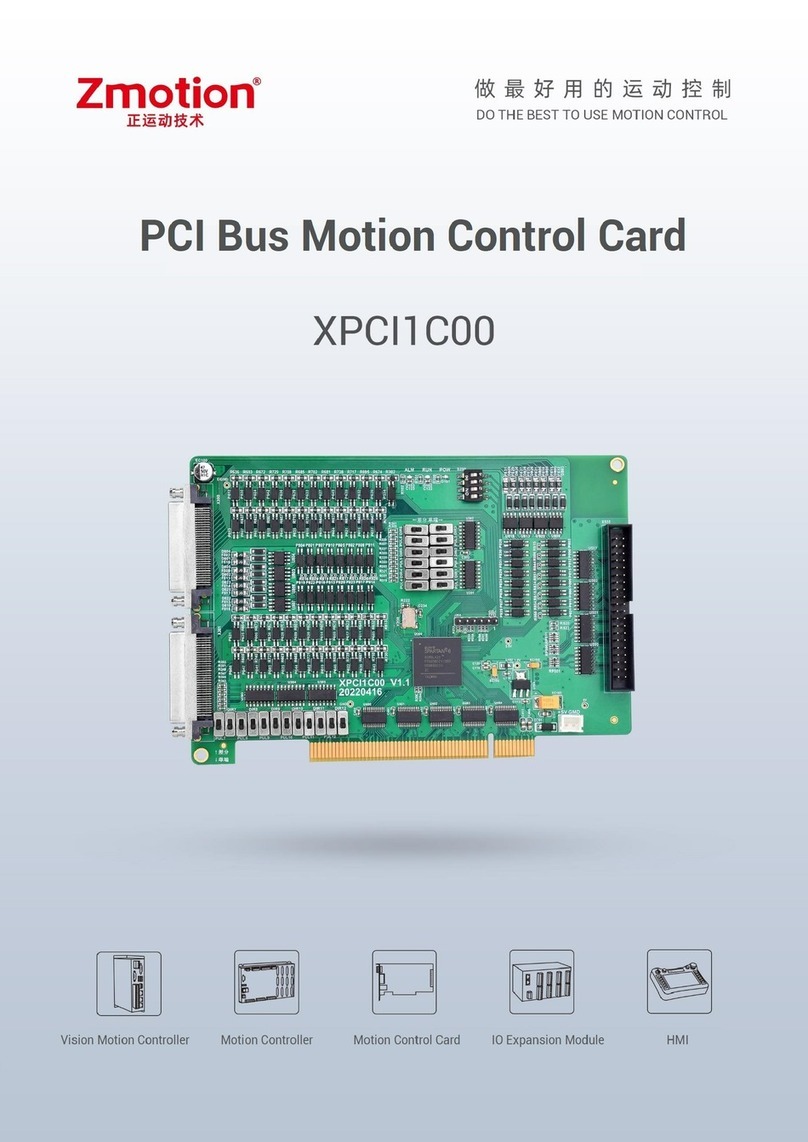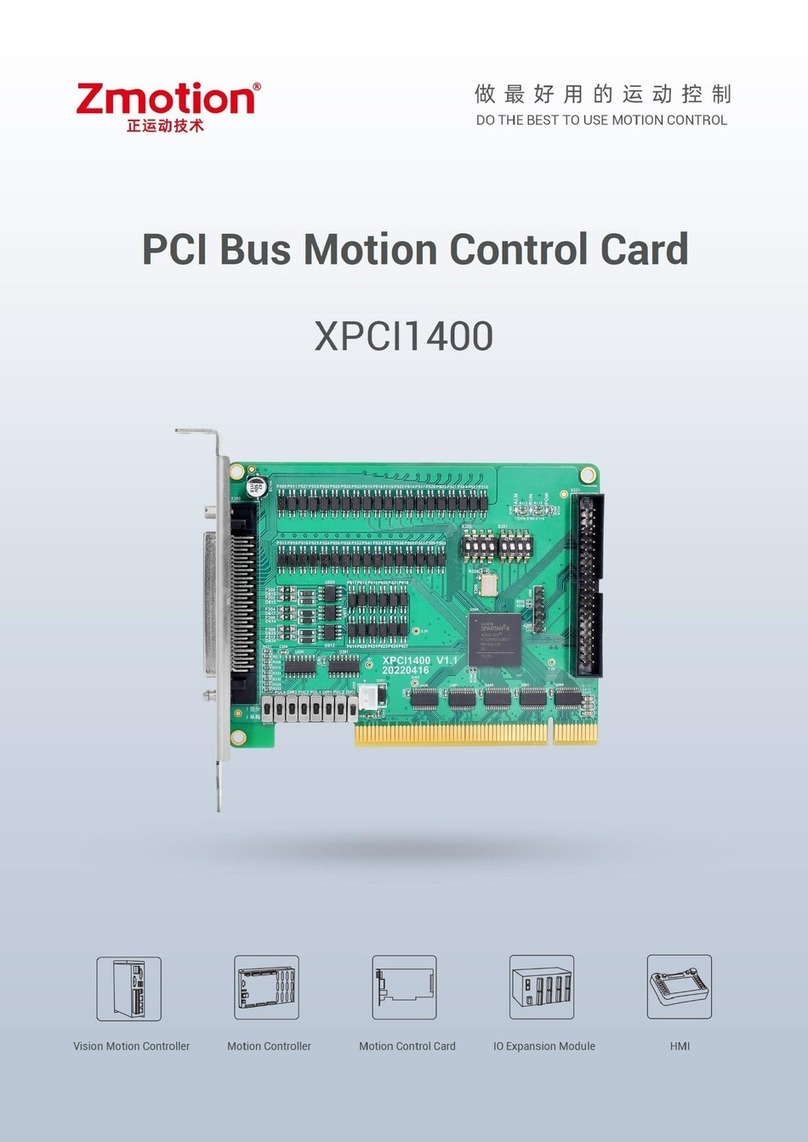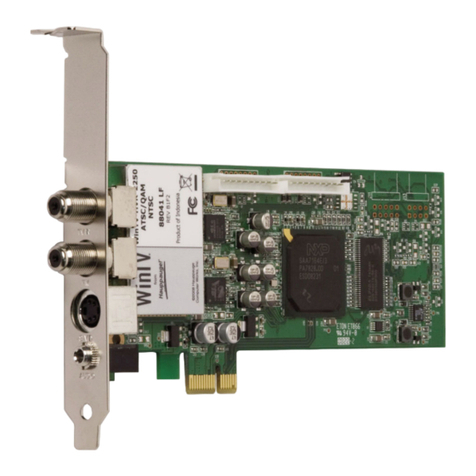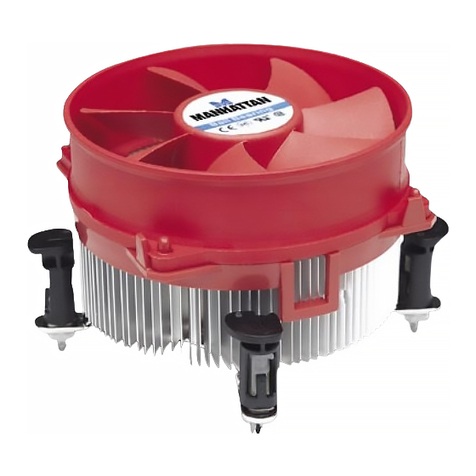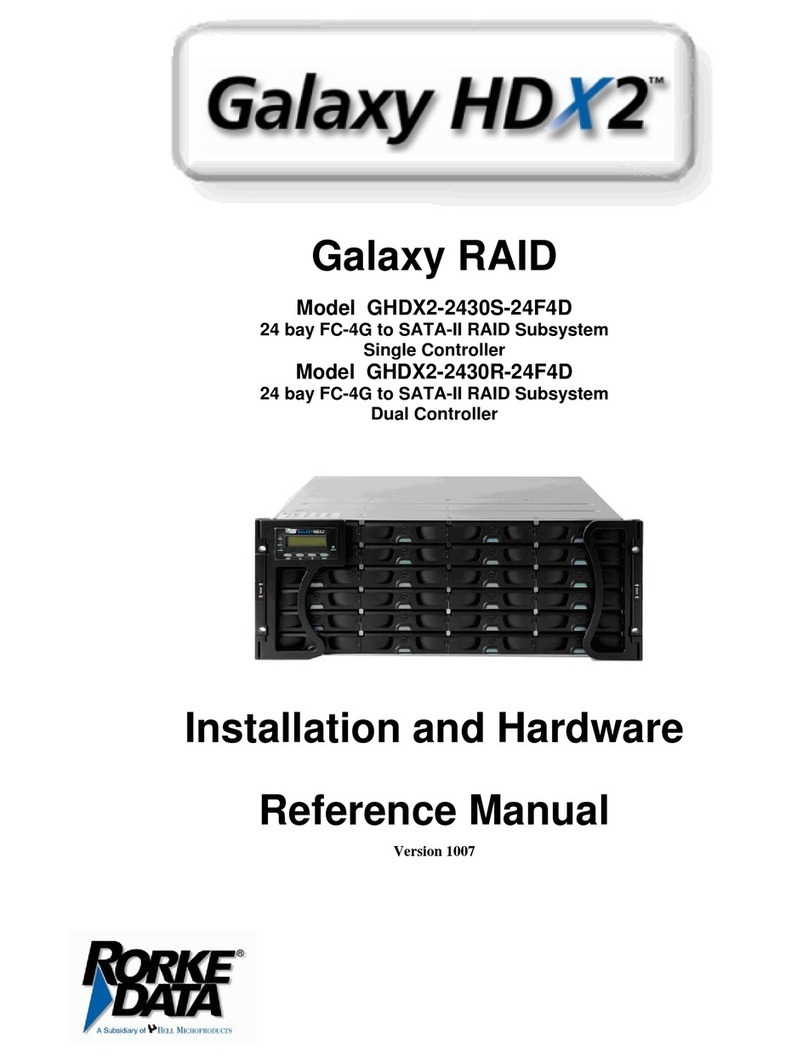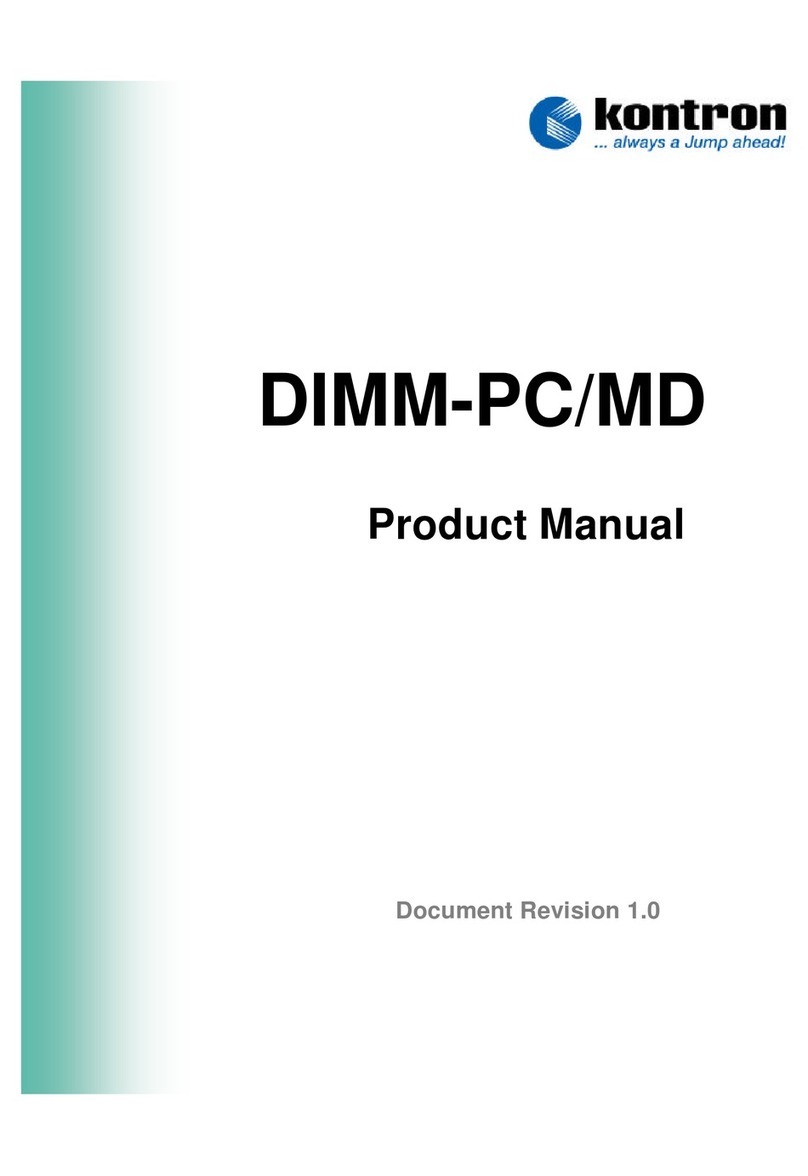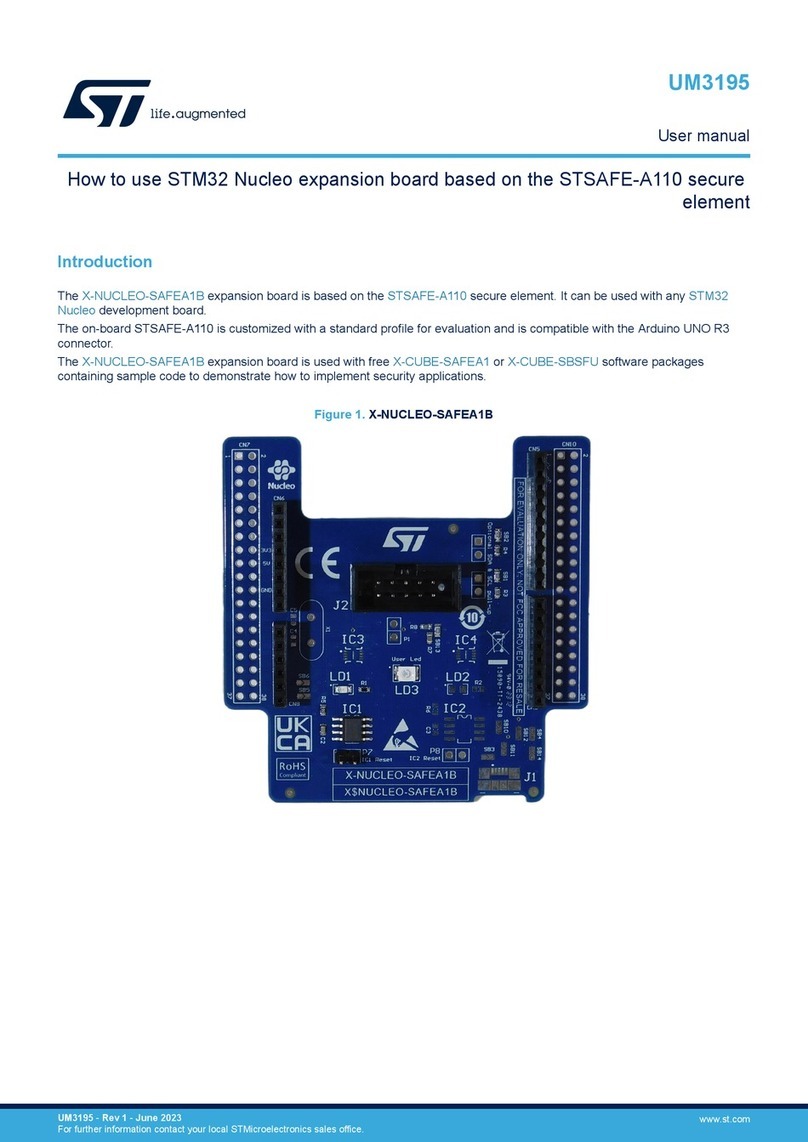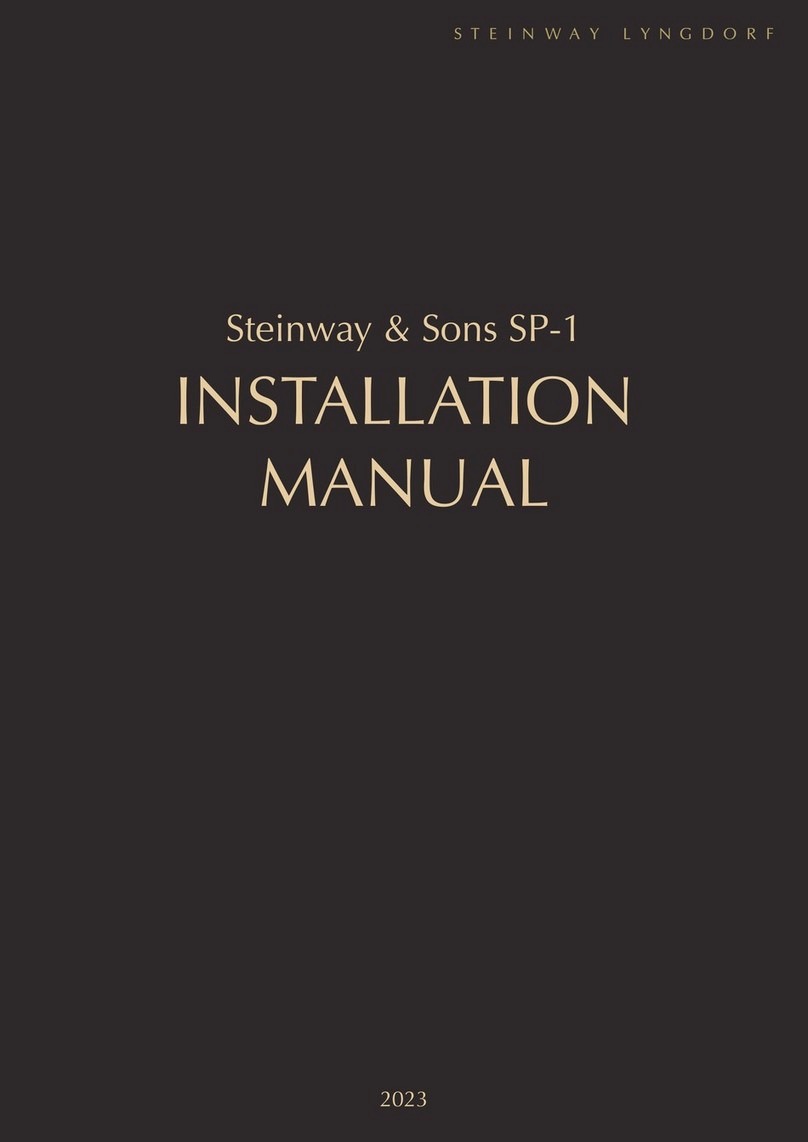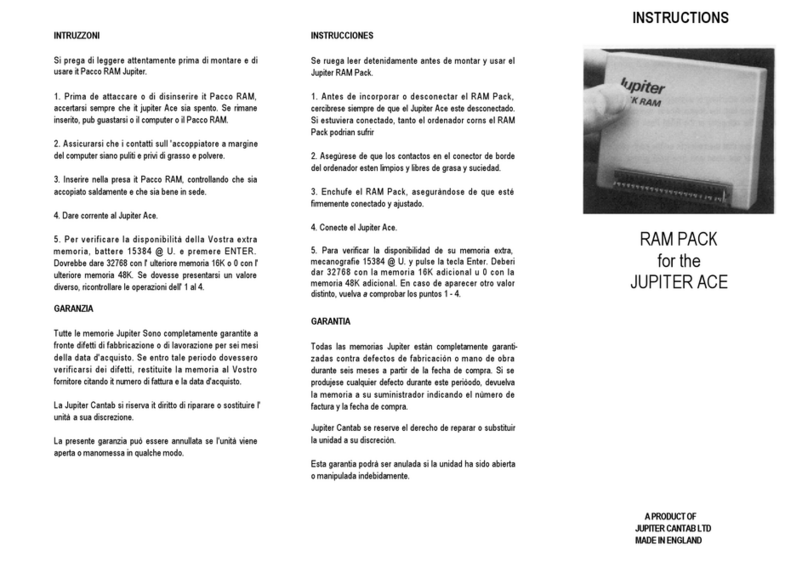ZMC303 Hardware Manual Version1.3
2
Contents
ZMC303 Hardware Manual..............................................................................................................1
Chapter I Introduction Of Controllers...............................................................................................1
1.1 Connection Configuration...................................................................................................1
1.2 Installation And Programming............................................................................................2
1.3 Features...............................................................................................................................3
Chapter II Hardware Description......................................................................................................4
2.1 ZMC303 Series Controller..................................................................................................4
2.1.1 Order Information ....................................................................................................5
2.2 Wiring Reference ................................................................................................................6
2.2.1 Power Interface........................................................................................................7
2.2.2 Communication Interface.........................................................................................8
2.2.3 RS232 Interface........................................................................................................8
2.2.4 General Input..........................................................................................................10
2.2.4.1 Input 0-7....................................................................................................10
2.2.4.2 Input 8-15..................................................................................................11
2.2.4.3 Input 16-23................................................................................................11
2.2.5 General Output.......................................................................................................12
2.2.6AD/DA Signal........................................................................................................13
2.2.7 USB Drive..............................................................................................................13
2.2.8Axis Interface.........................................................................................................13
2.2.8.1 Axis 0-2.....................................................................................................13
2.2.9Axis Wiring Reference...........................................................................................15
2.2.9.1 Wiring Reference for Low-speed Differential Pulse and Encoder Axis....15
2.2.9.2 Wiring Reference for High-speed Differential Pulse or EncoderAxis......17
2.2.9.3 Wiring Reference for Encoder...................................................................18
Chapter III Expansion Module........................................................................................................20
3.1 Wiring Reference For CAN, Input, Output and Power.....................................................20
